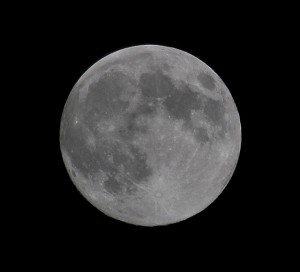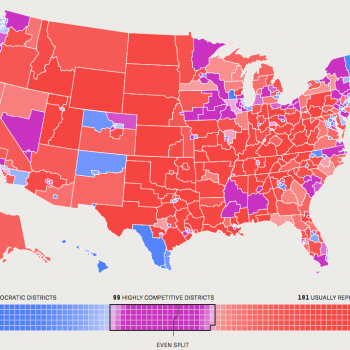Every year the debate about moonsighting begins anew as Ramadan approaches. I’d like to highlight a point and counterpoint between myself and Irfan Rydhan that I think covered the debate very thoroughly for everyone’s reference.
First, an excerpt from Irfan’s entry, which argues that all muslims should adopt moonsighting to establish Ramadan:
In our modern world with digital clocks, calendars, daylight savings time, etc. we forget that these are all man-made systems to help us organize our busy day to day lives, but in reality a real day is not 24 hours, but 23 hours and 56 minutes. We are programmed to eat, sleep and work at certain times every day. But our religious and spiritual lives cannot be forced into a set man-made calendar. We cannot control everything. Just like we cannot control when we are born or when we die. And that is the whole point of going out and looking for the new crescent moon. We do not know for sure if we will be able to see it. […]
I for one would rather be united in following the Sunnah of Prophet Muhammad (S) and go out and look for the new moon to reconnect with nature and remember that Allah is the creator of the universe and in control of this world; Not a calendar on my refrigerator which I printed from a website.
And then, an excerpt from my response, which argues that calculation is as valid as moonsighting:
There is indeed a romantic appeal in the notion of unity, and I wholeheartedly agree with my brother about the feeling of wonderment and awe when seeing the crescent moon in the sky. But why only the crescent moon? During Ramadan, the very act of looking at the moon, as it grows to full and then wanes again, is itself ibadat – for it is the visible, God-appointed marker of our brief window in which our pious actions are magnified. Ramadan’s very mortality is measured by the moon every day of the month, not just the first. I believe that our imaan is magnified not just by seeking the moon at the outset, but reflecting (no pun intended) on the meaning of the moon’s entire cycle. The precision of the calendar is not a false creation of man, but itself is a reflection of the perfection of Creation, the divinity of Mathematics, and of the vast and awe-inspiring celestial harmony that surrounds us and exists, arguably, for our sole benefit. I am humbled by the moon every day in Ramadan.
And if we are to celebrate unity, as I agree we should, then let us note that there is also unity for those who observe the calendar. Those of us who abide by the calendar begin and end Ramadan worldwide in unison, akin to the unity of praying salaat behind an imam.
I should clarify that whereas Irfan’s piece makes the call for all Muslims to adopt moonsighting, mine does not call for all Muslims to adopt calculation. Instead I celebrate the diversity of how Muslims approach this question of fiqh.
Both of these pieces deserve a read in full!












